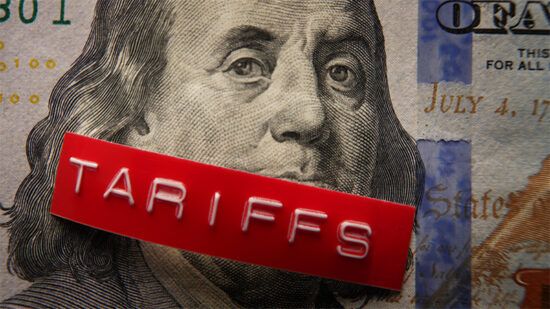Heavyweight creditors including Apollo Global Management and Oak Hill Advisors are making a high-level push to encourage borrowers in the loan market to increase disclosures on everything from carbon emissions to board diversity.
The asset managers have joined forces with three industry groups to launch a new template to standardize how private companies report ESG metrics to syndicated and direct lenders.
The new framework, known as the ESG Integrated Disclosure Project, builds on a questionnaire that the Loan Syndications & Trading Association, a backer of the new initiative, introduced a couple of years ago that has been slow to receive widespread adoption. It moves away from open-ended questions and instead emphasizes quantitative metrics that borrowers fill out in a spreadsheet, and also incorporates feedback from buy-side participants.
Sponsors see it as an important step to bringing transparency to a notoriously opaque and balkanized world of ESG data, where public disclosures are few and far between and limited to existing or prospective lenders.
“Borrowers were suffering from fatigue,” said Tess Virmani, deputy general counsel at the LSTA. “What the template will address is duplicative requests and it will help borrowers understand better what investors really need.”
The Alternative Credit Council, which is the private credit arm of the Alternative Investment Management Association, and Principles for Responsible Investment, also participated in the development of the template. Apollo and Oak Hill say they’ll push for its adoption.
The template is meant to become part of the due-diligence documents that borrowers publish on a password-protected website when raising new financing, but it remains voluntary to fill out and is not incorporated into credit agreements. Borrowers are encouraged to fill out as much as possible, though some metrics such as Scope 3 carbon emissions are optional.
“For now, we want to remove as many barriers to adoption as possible,” said Jeff Cohen, head of ESG and Sustainability at Oak Hill Advisors.








